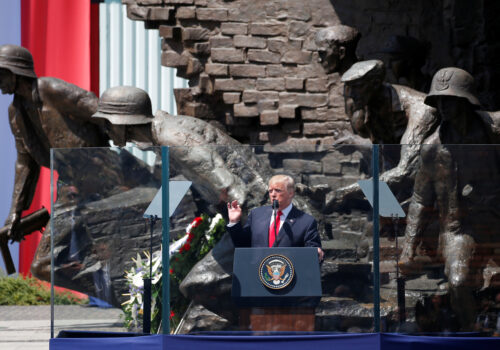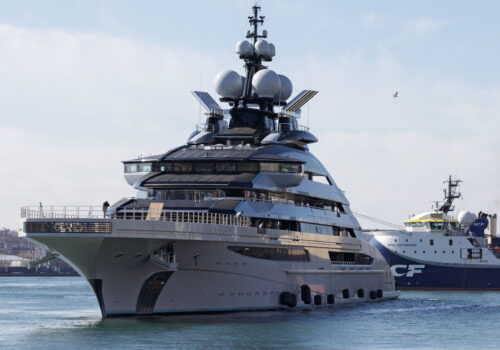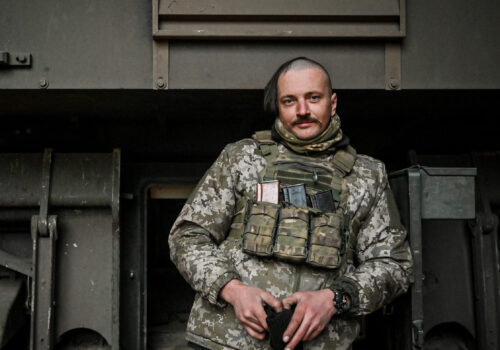Russian efforts to take Bakhmut have stalled. While it’s unclear if this is Russia’s major 2023 offensive or merely a prelude to a larger mobilization, the fighting is intense and grisly. Ukraine is slowing Russian advances while planning its own counteroffensive, likely to begin in the spring when the weather and terrain permit larger-scale action. Kyiv is expecting the arrival of German-made Leopard tanks and other advanced Western arms to aid in a breakthrough and continues to request longer range fires, such as the Army Tactical Missile System (ATACMS) and Western fighter planes. While countries like Poland have made quick work of delivering their Leopard tanks in advance of spring, the US and other countries have announced that it might take several months or even a year before their advanced weaponry reaches the battlefield.
How can the West forge a comprehensive strategy that limits delays in providing assistance? How will spring deliveries of advanced Western weapons shape the battlefield? What will the Armed Forces of Ukraine be able to accomplish this spring?
Speakers
Debra Cagan
Senior Advisor, Eurasia Center
Atlantic Council
Lt. Gen. (ret.) Douglas Lute
Former US Ambassador to NATO;
Board Director
Atlantic Council
Amb. Steven Pifer
Former US Ambassador to Ukraine;
William J. Perry Fellow, Center for International Security and Cooperation
Stanford University
Hanna Shelest
Director of Security Programs
Foreign Policy Council “Ukrainian Prism;”
Editor-in-Chief
Ukraine Analytica
Moderator
This event will not feature an in-person audience. You will be able to join via desktop or mobile app, through your web browser, or by phone. To join the question and answer period, you must join by app or web.
Register above for details on joining the virtual audience.
Stay connected
Follow us on social media
and support our work
issue spotlight

Europe in crisis
War in Ukraine
Experts from across the Atlantic Council are assessing the consequences of Russia’s February 2022 invasion, including what it means for Ukraine’s sovereignty, Europe’s security, and the United States’ leadership.

The Eurasia Center’s mission is to promote policies that strengthen stability, democratic values, and prosperity in Eurasia, from Eastern Europe in the West to the Caucasus, Russia, and Central Asia in the East.



